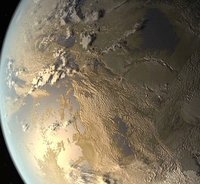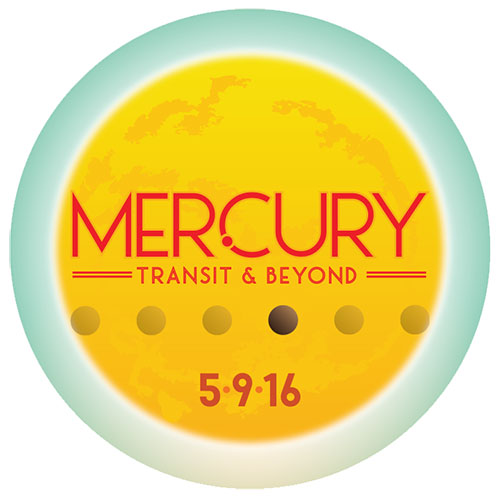
The number of exoplanet-related discoveries have dramatically increased over the past several decades, requiring a planetary classification system to encompass the enormous diversity between worlds. Exoplanetary science can be broadly divided into categories of detection, characterization, and habitability. Kane’s research has allowed him to address leading questions in all three areas: detecting multi-planet systems, determining the stability of planetary orbits, studying planetary atmospheres, and the effects of both planetary orbit and geological activity on habitability.
These topics form the core of Kane’s astrobiology focus and have allowed numerous multidisciplinary research collaborations. He will present highlights from his survey of potentially transiting exoplanets (TERMS) as well as the recent planet discoveries he has been part of, including Kepler-186f. He will also describe the methodology he developed for distinguishing between Earth and Venus analogs using current and upcoming exoplanet surveys. The assessment of dominant planetary properties may be used to determine whether a planet is habitable or inhospitable. Finally, he will describe future opportunities from both ground and space-based observatories that will be used to provide a more complete understanding of comparative planetology.
 Extreme Volcanism: Large Igneous Provinces, Environmental Catastrophes, and Mass Extinctions
Extreme Volcanism: Large Igneous Provinces, Environmental Catastrophes, and Mass Extinctions It's a Gas! A New Look at the Role of Iron in the Ancient Greenhouse
It's a Gas! A New Look at the Role of Iron in the Ancient Greenhouse Mercury Transit & Beyond: Planetary Discoveries Inside and Outside Our Solar System
Mercury Transit & Beyond: Planetary Discoveries Inside and Outside Our Solar System